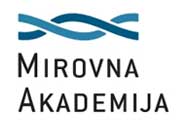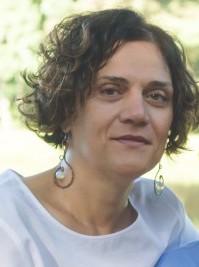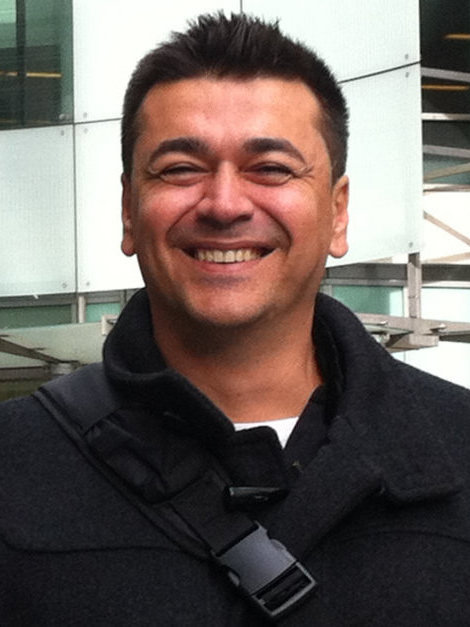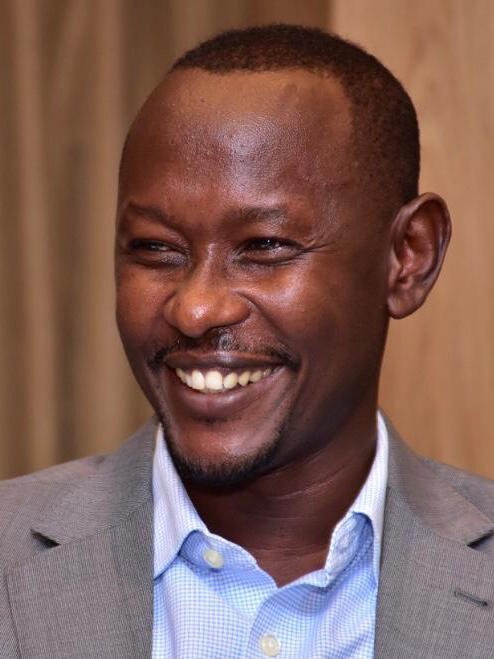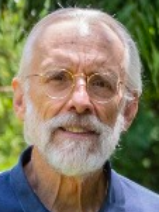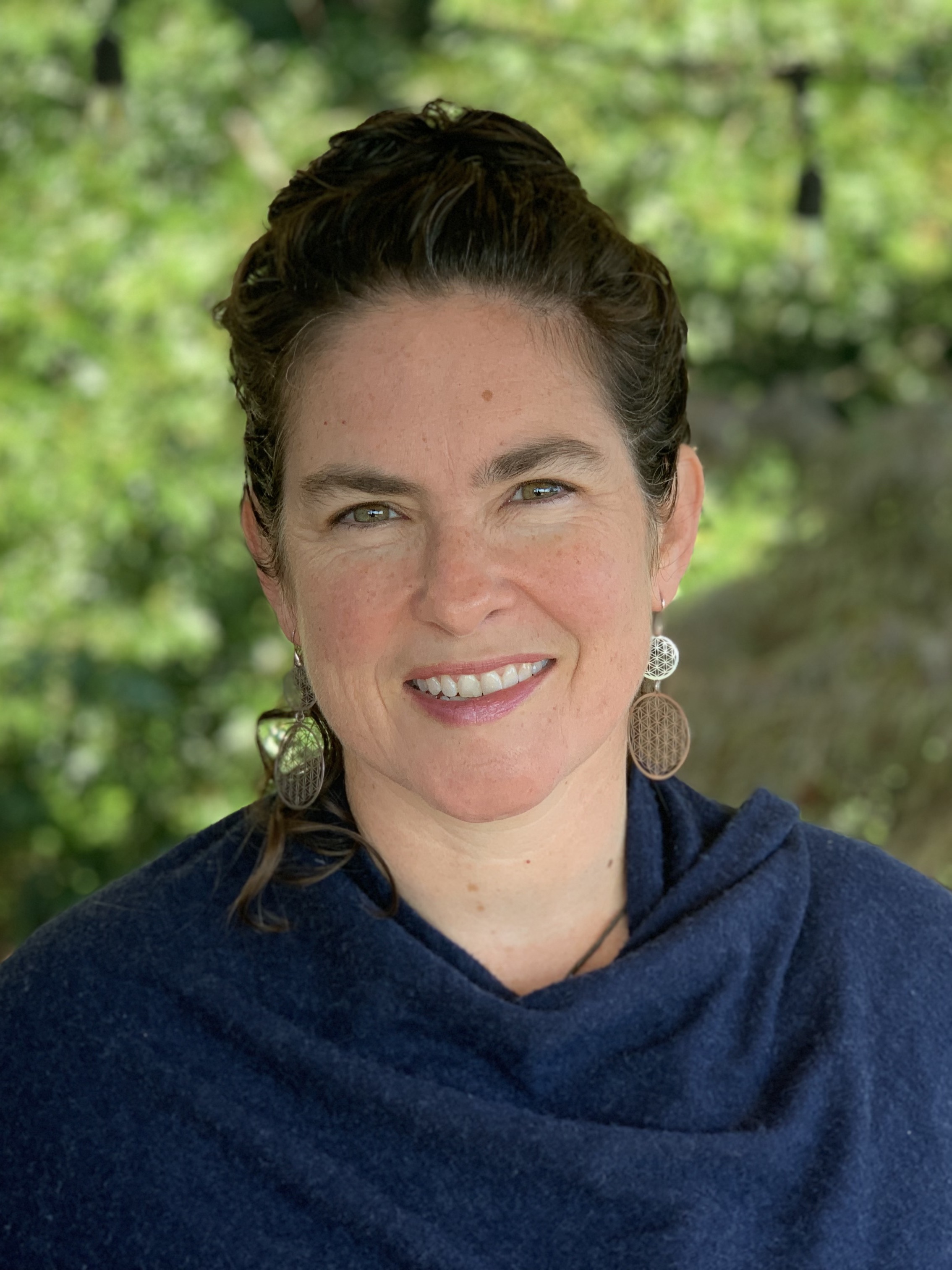Instructors
After living through the war in Bosnia & Herzegovina as an internally displaced person, Amela Puljek-Shank has worked for almost three decades in the field of peacebuilding as a facilitator, trainer, and manager.
As Program Manager for Karuna Peacebuilding Center and as Mennonite Central Committee’s Area Director for Europe and the Middle East, she supervised programs and staff working on peacebuilding and trauma healing in divided societies and oversaw their work with local partner organizations. She has worked in Europe, the Middle East, and beyond, including in BiH, Croatia, Kosovo and Serbia, France, Spain, the Netherlands, Egypt, Jordan, Lebanon, Syria, Iraq, Iran, Israel, Palestine, and Ukraine as well as virtual work during the Covid-19 pandemic with partners in Nigeria and Myanmar.
Puljek-Shank specializes in trauma healing, recovery, and in the areas of worker care, compassion fatigue and burnout. Currently, she works as a consultant to international organizations and focuses on organizational development, capacity building, strategic planning, and developing and leading trainings and evaluation processes. She has created and led over 80 interactive trainings on the topics of trauma and reconciliation, conflict transformation, nonviolent communication, resilience, self-care and care for others. Her publications include “The Contribution of Trauma Healing to Peacebuilding in Southeast Europe” in Peacebuilding for Traumatized Societies (ed. Barry Hart, 2008), “Trauma and Reconciliation” in 20 Steps towards Reconciliation (Center for Nonviolent Action, 2007), and “Journey of Healing” in Positive Approaches to Peacebuilding (Pact Publications, 2003). Currently, Amela is also under supervision as a student studying Gestalt Therapy in an accredited program from the European Association for Gestalt Therapy in the European Association for Psychotherapy.
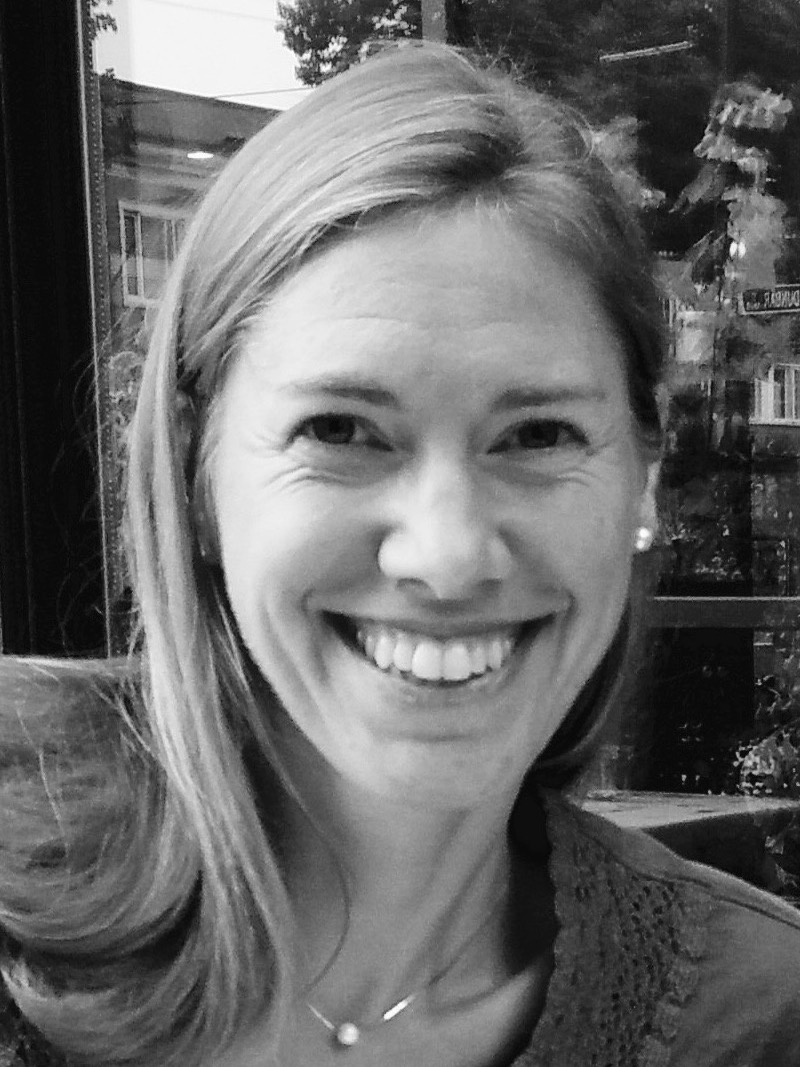 Julianne Funk Julianne Funk is a peace scholar-practitioner dedicated to nonviolent conflict transformation for two decades. She brings together scientific analysis and local peace innovations, specializing in ethnic, religious and trauma-informed conflict and peace practices and the post-war Western Balkan context.
Julianne Funk Julianne Funk is a peace scholar-practitioner dedicated to nonviolent conflict transformation for two decades. She brings together scientific analysis and local peace innovations, specializing in ethnic, religious and trauma-informed conflict and peace practices and the post-war Western Balkan context.
Julianne organized the international conference “Trauma, Memory and Healing in the Balkans and Beyond” (Sarajevo, 2015), co-edited the book Healing and Peacebuilding after War: Transforming Trauma in Bosnia and Herzegovina (Routledge), and has taught at the University of Zurich and Lenoir-Rhyne University (USA).
Currently, she is a Research Fellow at the South-East Europe Programme of the Hellenic Foundation for European and Foreign Policy (ELIAMEP), Managing Editor of the journal Southeast European and Black Sea Studies, and she serves as Treasurer for the European Society of Intercultural Theology and Interreligious Studies (ESITIS). She has a PhD in social sciences and MA in peace and conflict studies from the Katholieke Universiteit Leuven, Belgium; her BA is in theology from Wheaton College (USA). Julianne has published on political, diaspora and religious identities, public religiosity, trauma and healing, Bosnian Islam, socially engaged Buddhism, Mennonite conflict transformation, reconciliation, peace and conflict studies, coexistence and women’s spirituality.
Guest Speakers
Vahidin Omanović received his Master’s degree in International Relations with a concentration in Conflict Resolution at the School for International Training (SIT) in Brattleboro, Vermont. He also served as a teaching assistant in SIT’s Conflict Transformation Across Cultures (CONTACT) program, where he taught classes on forgiveness and conflict transformation.
In 2004, Omanović co-founded the Center for Peacebuilding in Bosnia and Herzegovina, which seeks to rebuild trust and foster reconciliation among the people of Bosnia — Bosniaks, Croats, Serbs, and others—as well as support peace processes in other countries that have suffered from violent conflict. He has taught peace workshops and trainings throughout the world, including in Switzerland, Georgia, Germany, USA, Kosovo, North Macedonia, the Philippines, and Nepal, where he helped to found a peacebuilding organization.
In 2011, the Threshold Foundation from Germany honored Omanović with the 5th International Bremen Peace Award, naming him the year’s “Unknown Peace Worker.” In 2014, at the Center for Peacebuilding he won a Tomorrow’s Peacebuilder peace award given by Peace Direct, UK. In 2015, he was awarded the Cohen Center’s Susan J. Herman Award for Leadership in Holocaust & Genocide Awareness (Keene, NH, USA). Omanović has been a guest faculty member at Bennington College in Vermont each spring from 2017-2021.
Seth Karamage was born and raised in Rwanda. He completed his graduate studies in Coexistence and Conflict at Brandeis University, where his focus was on conflict resolution, mediation, strategic organizational leadership, and diversity work. He has been working with the University of Massachusetts (UMass Boston) under the auspices of the Center for Peace, Democracy, and Development (CPDD) for 11 years, managing its peacebuilding and governance projects in Nigeria and Rwanda, respectively. Currently, Karamage is UMass Boston’s Resident Country Director for the Strengthening of Rwandan Administrative Justice (SRAJ) project, a nationwide initiative intended to improve the state of administrative justice in Rwanda and to spur training, civic awareness, and legal and policy reforms. Karamage has also been working as a Dialogue Coach as part of the Karuna Center for Peacebuilding’s Healing Our Communities project in Rwanda. In Nigeria from 2012-2017, he implemented the project TOLERANCE (Training of Leaders on Religious and National Co-Existence) which promoted peace and reconciliation among religious leaders and their constituencies in northern and southeastern Nigerian states.
Through work with media influencers, military personnel, young people who lost their parents through terrorist acts, and groups of divided religious leaders, ethnic leaders, and women, he has developed expertise in post-conflict stabilization and mitigation, security-risk assessment, recruitment and training of peace practitioners, project management, program design, and facilitating dialogue for institutional and community collaboration. Karamage also founded the Rural Economic Development and Management (REDEM) Company which aims to improve rural farmers’ social and economic livelihoods with modern agricultural techniques to strengthen sustainable peace and reconciliation efforts in Rwanda.
Dr. Barry Hart is Professor Emeritus of Trauma, Identity and Conflict Studies in the Center for Justice and Peacebuilding. Dr. Hart has conducted workshops on peacebuilding, psychosocial trauma recovery and reconciliation for religious and secular leaders in Northern Ireland, Liberia, Sierra Leone, Ivory Coast, Uganda, Burundi and South Africa. Hart lived and worked in the Balkans where he developed and led trauma and conflict transformation programs for schools, communities and religious leaders. Barry was the Team Leader for a USAID Tolerance Assessment in Bosnia-Herzegovina (2009). He was also engaged in a three-year peacebuilding institute and curriculum development project between EMU and the University of Hargeisa in Somaliland (2008-2011); and taught peacebuilding at the University of Sarajevo from 2018-2020. In August and September, 2021, Barry was the lead trainer for a UNDP sponsored Training of Trainers of 45 psychosocial facilitators in South Sudan. Dr. Hart recently stepped down as a member of the International Council of Initiatives of Change, “a world-wide movement of people of diverse cultures and backgrounds, who are committed to the transformation of society through changes in human motives and behavior, starting with their own.” Hart holds a Ph.D. in Conflict Analysis and Resolution from the Institute for Conflict Analysis and Resolution (ICAR), George Mason University.
Dr. Katie Mansfield is facilitator of learning about trauma-sensitivity and resilience-building amidst conflict, stress, and adversity in multiple contexts, in the field of peacebuilding for over fifteen years. Katie is the Lead Trainer for Strategies for Trauma Awareness and Resilience (STAR) at Eastern Mennonite University’s Center for Justice and Peacebuilding. Prior to joining STAR in 2015, she worked for three years as Peacebuilding Coordinator with Mennonite Central Committee in Kenya. This followed an apprenticeship with peacebuilder John Paul Lederach and work with CDA Collaborative Learning Projects’ Listening Project. Katie has worked in the US in corporate, nonprofit, higher education and youth programs; and in Kenya, India, and the Philippines (Mindanao) with peace education, trauma awareness and resilience training, environmental education and conflict transformation initiatives. She has facilitated trainings with peacebuilding, development, human rights and humanitarian workers, students and educators in Afghanistan, Argentina, Bosnia/Herzegovina, Fiji, Kenya, Lebanon, South Sudan, Tanzania, Uganda, and the US (including US government agencies).
Katie’s formal and informal studies have focused on Expressive Arts, peacebuilding, history, movement therapies, yoga instruction, and integrative energetic medicine. She recently completed her PhD with a doctoral dissertation entitled “Re-friending the body: Arts-based, embodied learning for building resilience” with the European Graduate School in Switzerland. She also holds an MA from the University of Notre Dame’s Kroc Institute for International Peace Studies and an AB in History from Harvard University.
